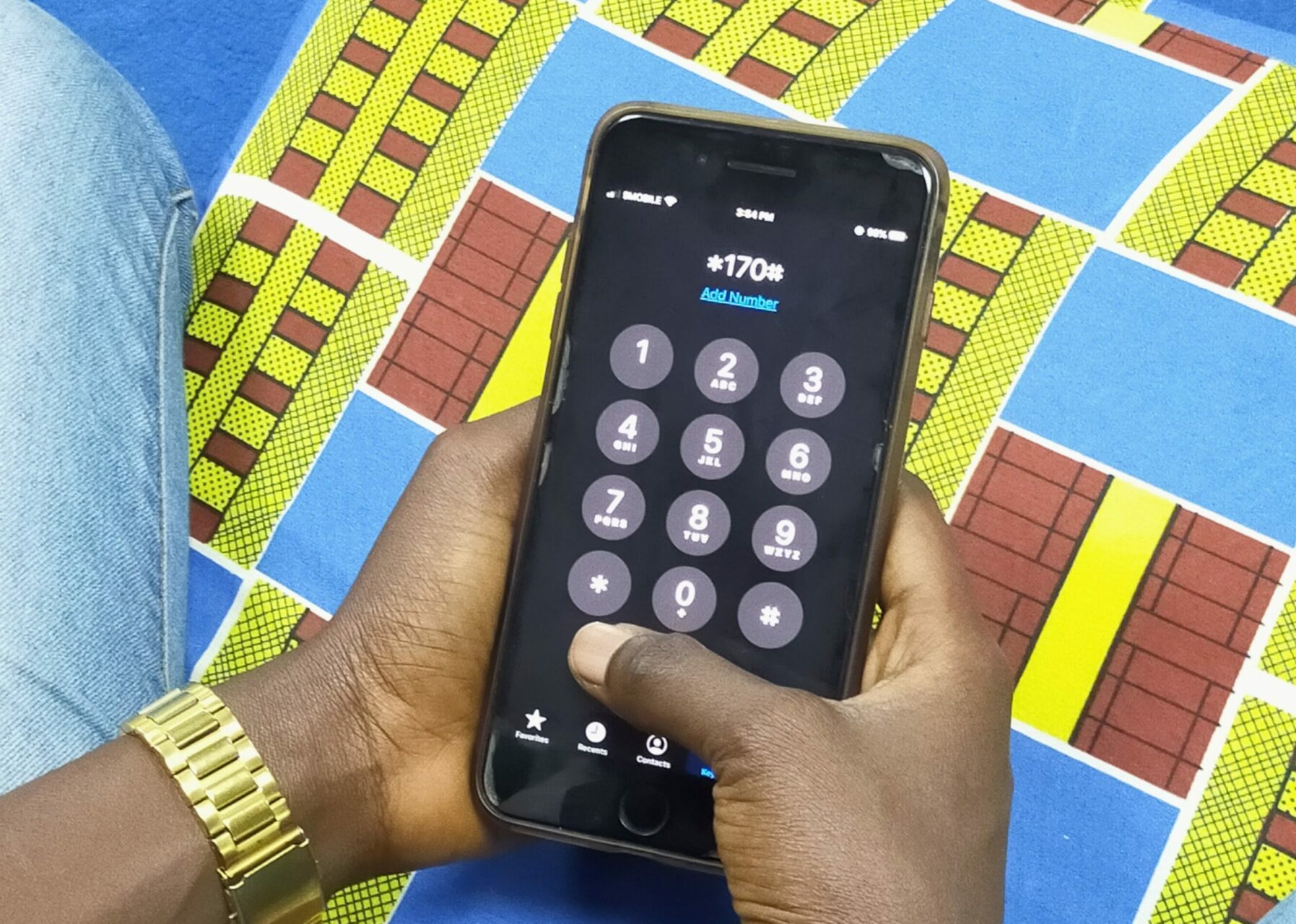Mobile network operators in Nigeria have begun implementing the new USSD code framework that will see all network providers use a unified code format. Previously, all network providers had unique USSD codes that customers used to access their services. The Nigerian Communications Commission had in March 2023 directed all telecommunications providers to begin the process of harmonising USSD codes. The deadline was set as Wednesday, May 17, 2023.
Following a review by the NCC, the new codes are as follows:
- NIN — *996#
- VAS — *305#
- Share services — *321#
- Account Balance — *310#
- Data plans — *312#
- Airtime recharge — *311#
- Borrowing services — *303#
- Data balance — *323#
Not all of the network providers have fully implemented these codes, so users can still use old codes to access USSD services. MTN, for example, has all the codes except the code for data plans working, while Airtel has all except codes for airtime recharge. Other network providers are expected to fully implement the changes soon.
What are unified USSD codes?
Unstructured Supplementary Service Data (USSD) is a telecommunications system that enables users to perform certain functions. These include checking airtime balance, airtime recharge, and accessing value-added services.
USSD services do not require an Internet connection to function and have been an instant hit in sub-Saharan Africa. Where it was mainly used by telecommunications operators, it has now been adopted by the banking industry, and virtually every commercial bank in Nigeria has a USSD code. The effect is that customers can check their account balances, open accounts, and send money using a USSD code.
All these competing services have different codes for different purposes. Sending airtime, for example, requires a different code from checking airtime balance. With many Nigerians using more than one network provider, the NCC wants to harmonize these codes. Consequently, an MTN subscriber can now use the same code for airtime recharges on Airtel or Glo.
Why is the NCC pushing for unified USSD codes?
The NCC began pushing for the harmonisation of USSD short codes in 2017. That year, it hired a project consultant to conduct research and spearhead the project.
A report it released stated that the major benefit of a harmonised USSD system would be eliminating the need for users to memorise several codes. It also stated that 84% of 3-digit codes, 98% of 4-digit codes, and 99% of 5-digit codes would be free for reallocation once the system is implemented. But these are not the only benefits the NCC envisages.
It believes that it would stimulate competition among telecommunications service providers. The NCC also believes that the process would streamline marketing efforts. However, the report discloses that this process would have some disadvantages. One of the disadvantages it identified was the need for network providers to reconfigure their equipment. The report also stated that network providers could lose some of their customers as a result of the change.
Does this affect banking services?
In the NCC’s report on the harmonisation of the short codes, a recommendation was made to allow banks to retain their codes as any change could significantly affect service delivery.
According to Gbenga Adebayo, Chairman of the Association of Licenced Telecom Operators, the unified USSD codes only cover telecommunication services and do not affect banking services. Therefore, you can continue using your banking services without any interference.











